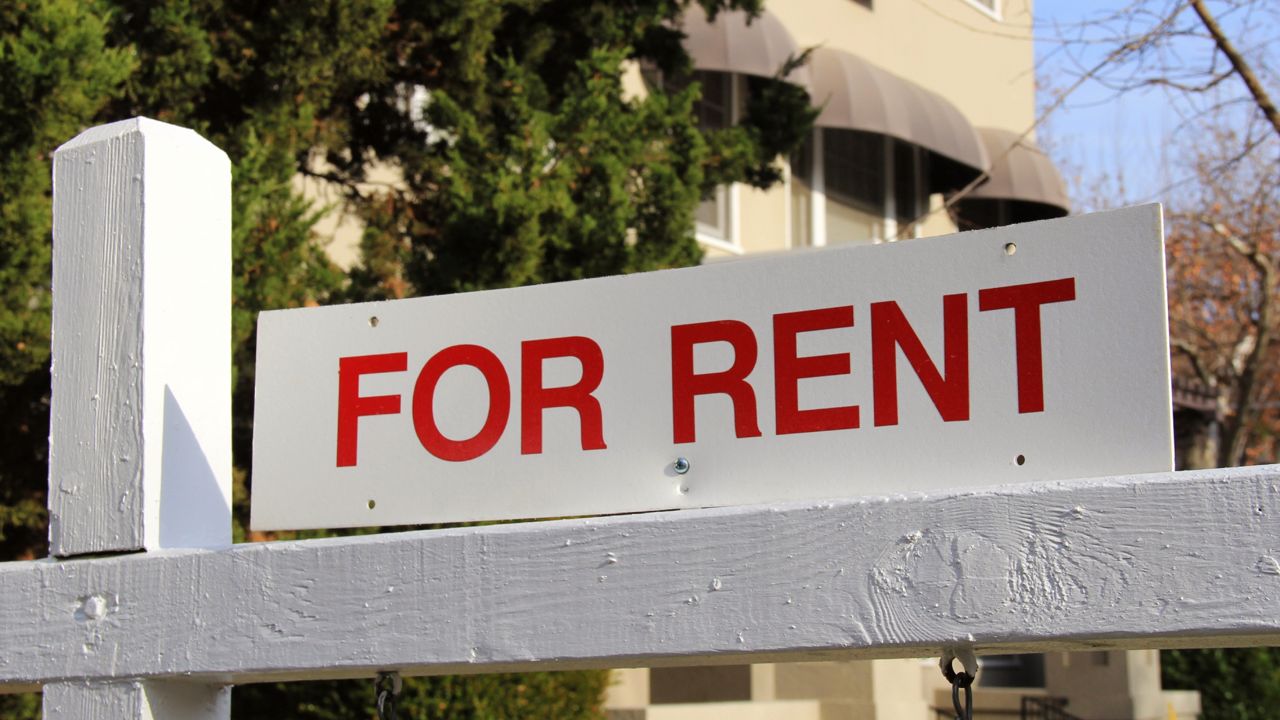LOS ANGELES (CNS) — Citing state law and a need to support renters and landlords, a City Council committee Wednesday approved an amended proposal to allow a smaller rent increase for properties under the city's rent control law rather than to extend an existing rent freeze that is set to expire Jan. 31.
What You Need To Know
- The law, called the Rent Stabilization Ordinance, was adopted in 1979 and applies to rental housing built before 1978
- It limits the allowable rent increase for rent controlled units — tying rent increases to the consumer price index, a measure of inflation
- The rent freeze was enacted in during the early stages of the pandemic with the intent to keep rent affordable for thousands of Los Angeles tenants
- It's set to expire on Jan. 31, 2024
The five-member Housing and Homeless Committee voted 3-2 to move forward with a revised proposal regarding rent hikes for rent-stabilized units. Council members Monica Rodriguez and John Lee, who sit on the committee, voted against the proposal.
"This is a very difficult spot that we're in," Councilman Bob Blumenfield said. "And I'm very sympathetic to both sides — trying to figure out how we can, in effect, create a compromise that nobody's going to like, but will move us forward in a way."
He added, "If we do nothing, (rent) potentially goes up by 7%, and if goes to the council it can stay at zero. So, there's a risk on all sides."
Blumenfield amended a motion Councilman Hugo-Soto Martinez introduced on Oct. 25, which sought to extend the city's COVID-19 rent freeze for rent-controlled units.
The law, called the Rent Stabilization Ordinance, was adopted in 1979 and applies to rental housing built before 1978. It limits the allowable rent increase for rent controlled units — tying rent increases to the consumer price index, a measure of inflation.
The rent freeze was enacted in during the early stages of the pandemic with the intent to keep rent affordable for thousands of Los Angeles tenants — and it's set to expire on Jan. 31, 2024.
Rather than extend the rent freeze, the amendment requests the city attorney with the assistance of the Housing Department to draft an ordinance that would temporarily set rent increases for rent-controlled units from Feb. 1 to June 30, 2024.
Rent hikes would be calculated using a formula outlined in the city's rent control law, using the consumer price index from October 2022 to September 2023 instead of from October 2021 to September 2022.
According to Blumenfield, by using the most recent consumer price index the formula would allow a rent increase of 4% than what would have been a 7% increase.
"So, it would not allow for a rent freeze because legally we can't do that, and the Supreme Court has said that our COVID-19 powers are over," Blumenfield said. "But it would not allow us to jump to 7%, which is based on the data."
Additionally, the amended motion would instruct the Housing Department in consultation with the United to House LA Citizens Oversight Committee to develop programs assisting landlords and tenants, as well as for small housing providers for the maintenance and preservation of RSO units.
Council members Marqueece Harris-Dawson and Nithya Raman, who chairs the committee, backed the amended motion.
"There are really no good answers here," Harris-Dawson said. "In a city where we frozen (rent) for four years, and the cost of living has still gone up to the point where we're close to New York, the idea of raising anybody's rent is a terrible idea."
He added, the city faces a difficult issue. The people who live in this city, who rent, and those who provide affordable housing, were "squeezed by this economy."
The councilman urged everyone to come to a solution together.
Raman acknowledged that the original motion would not have the support of the committee, so Blumenfield's changes allowed the item to move forward.
Rodriguez said she could not support another delay in rent increases at this time.
"I recognize the deep frustration and challenges with respect to affordability in the city," Rodriguez said. "Unfortunately, we can't also subscribe that burden to private property owners, and what it incentives is the corporatization of housing, which I think we are all against."
Prior to the vote, Soto-Martinez addressed his colleagues, highlighting housing statistics.
He said 67% of rented-units in the city are owned by corporate landlords; 73% of renter households are rent-burdened, meaning they spend over 30% or more of their income on rent; and 67% of rents are severely rent burdened, meaning they spend over 50% of their income on rent.
"We know that the number one cause of homelessness is by far the inability to pay rent, and this is in a city where over 60% of residents are renters," Soto-Martinez said.
According to the councilman, the city recently authorized a study to review the city's rent control law's formula for determining rent hikes. But the study will not be complete in time to make adjustments before the rent freeze on rent-controlled units ends.
Soto-Martinez's proposal to extend the rent freeze was intended to provide more time so the study could be completed, and help determine what adjustments to the formula may be needed.
Ultimately, the committee moved forward with the amended motion, and it will now head to council for further consideration at a future date.



